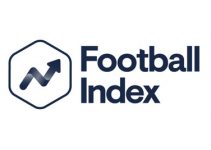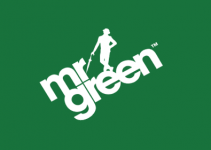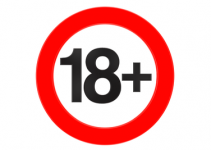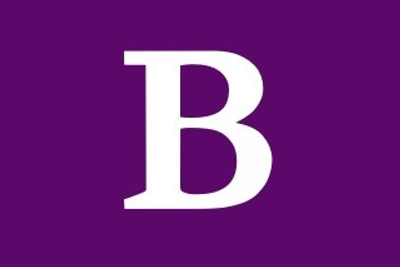 Dermot Desmond, the man who sold Betdaq to Ladbrokes in 2013, has bought the company back from Entain for an undisclosed fee. Entain, of course, bought Ladbrokes and Coral in 2017 when the company was called GVC Holdings. Founded by the Irish billionaire in 2000, Betdaq established itself as the main rival to Betfair as a betting exchange website. Trading as Global Betting Exchange Alderney Limited, Betdaq was bought by Ladbrokes for a price believed to be in the region of £30 million and was assimilated into the Ladbrokes site.
Dermot Desmond, the man who sold Betdaq to Ladbrokes in 2013, has bought the company back from Entain for an undisclosed fee. Entain, of course, bought Ladbrokes and Coral in 2017 when the company was called GVC Holdings. Founded by the Irish billionaire in 2000, Betdaq established itself as the main rival to Betfair as a betting exchange website. Trading as Global Betting Exchange Alderney Limited, Betdaq was bought by Ladbrokes for a price believed to be in the region of £30 million and was assimilated into the Ladbrokes site.
Ladbrokes decided to purchase Betdaq in order to make a foray into the world of betting exchanges, which had been largely dominated by Betfair after their launch in 2000. Ladbrokes had been suffering a slide in its share of the online betting market at the time of the deal, having lost ground to the likes of William Hill and Paddy Power. The question now, of course, is why Entain, the owner of Ladbrokes, Coral and other bookmakers, has decided to divest itself of the betting exchange business and what it all means for the betting market.
The Original Purchase

The first place to start is by looking at the original purchase of Betdaq by Ladbrokes; a deal that cost the bookmaker around £30 million. The move by Ladbrokes was the first such one orchestrated by Richard Glynn, who took over as the Chief Executive Officer of the gambling firm in April of 2010. He had previously considered buying both 888 and Sportingbet, but pulled out of those moves for various reasons. The deal for Betdaq was the first time that he’d put the rubber stamp on an acquisition for Ladbrokes.
The deal saw Ladbrokes pay €15 million in cash and the rest in shares, which saw the price of the shares rise by more than three pence. Desmond already had a small stake in Ladbrokes before the deal, which saw his interest in the company increase accordingly. The deal also saw Ladbrokes agree to pay an unspecified amount based on the growth of Betdaq between 2012 and 2016. It was considered a good deal for Desmond, considering Betdq had earned a €2.8 million after tax the year before the purchase.
On top of the deal to buy Betdaq, Ladbrokes also agreed to pay €4 million for a 10% stake in TBH, which was the company that provided the technology for the betting exchange. If they wanted to, they could also buy the remainder of the firm four years later or they could sell the 10% back for €4 million if they chose not to. Regardless, the decision to buy Betdaq was seen as a wise one at the time, considering it was a ‘well-regarded and well-invested business’, in the worse of Glynn himself once the purchase had gone through.
How Ladbrokes Used Betdaq

Having paid €30 million to acquire Betdaq, Ladbrokes moved quickly to incorporate the business into its operation. In November of 2013, the company launched the Ladbrokes Exchange, a betting exchange platform. Though Betdaq continued to operate as a separate entity, it did shut down its own fixed-odds offering as a result. The reason the Ladbrokes Exchange was able to launch was down to being a part of the wider exchange network that was available to it thanks to its purchase of Betdaq.
Betdaq remained as part of the Entain family, handling around £75 million worth of bets every week. It established itself in the exchange market as the best exchange platform behind only Betfair, with a team of about 50 IT developers ensuring that it maintained its place and continued to develop. Even so, it is difficult to escape the idea that Ladbrokes merely used the Betdaq expertise in order to ensure that it was well-placed to have its own Ladbrokes Exchange product suitable to go to market.
Who Is Dermot Desmond?
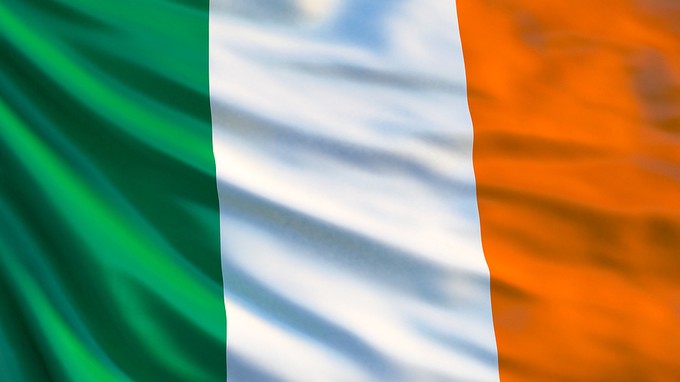
Born in August of 1950, Dermot Desmond is an Irish businessman who is believed to be worth about €2.04 billion. Born in County Cork, he grew up in Marino, Dublin and left education in 1968 in order to work in the city’s Citibank. He then gained experienced working in the Kabul branch of Price Waterhouse, establishing National City Brokers in Dublin in 1981. He sold the company to Ulster Bank in 1994 for £39 million and a year later founded a private equity firm called International Investment & Underwriting.
He had always maintained an interest in sport, which can be seen in the fact that he was business associates with John Magnier and J.P. MacManus. His business acumen has never been in doubt, as demonstrated by his decision to make a ‘risky’ purchase of London City Airport in 1995 for £23.5 million, only to sell it 11 years later for £750 million. In 2000, he created Betdaq, with trading for the company beginning in September of 2001. In the wake of its sale to Ladbrokes in 2013, he continued to benefit from numerous different businesses.
The Sale Of Betdaq Back To Desmond
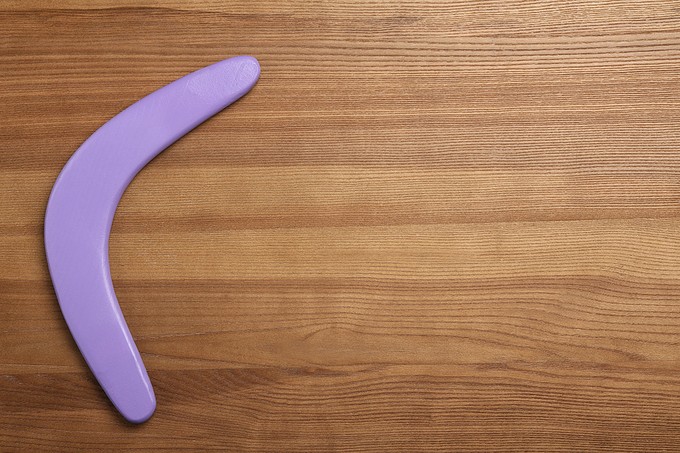
When Ladbrokes initially purchased Betdaq in 2013, the share price of Betfair barely shifted. That should have given the betting company, one of the most recognisable names in the United Kingdom, a hint of how difficult the task of taking on the exchange market was likely to be. That Betfair was valued at about £700 million after Ladbrokes had paid more than £20 million for Betdaq might also have given the company cause for concern. It didn’t, however, and Ladbrokes did well to integrate an exchange into its business model.
That being said, it has always seemed as though Betdaq was an operation that Entain never quite knew what to do with. It always felt a bit like the odd one out in the company’s portfolio, not least because of the fact that it kept running as a separate entity even after the Ladbrokes Exchange had launched. It is perhaps little wonder, then, that Entain was willing to sell it off and only offered a one-line press release on the matter when it did. It is rumoured that Desmond paid much less than €30 million to buy it back, too.
At the time of writing, it has proven to be impossible to login to the Ladbrokes Exchange, meaning that it is possible that the business is being closed down by Entain. Given that Betdaq maintained its market share in spite of the name recognition of Ladbrokes suggests that Entain have realised it is chasing a losing bet by keeping the exchange going. It remains to be seen whether that is the case, but it will be interesting to see if Betdaq grows its market share now it is back under Desmond’s control.

